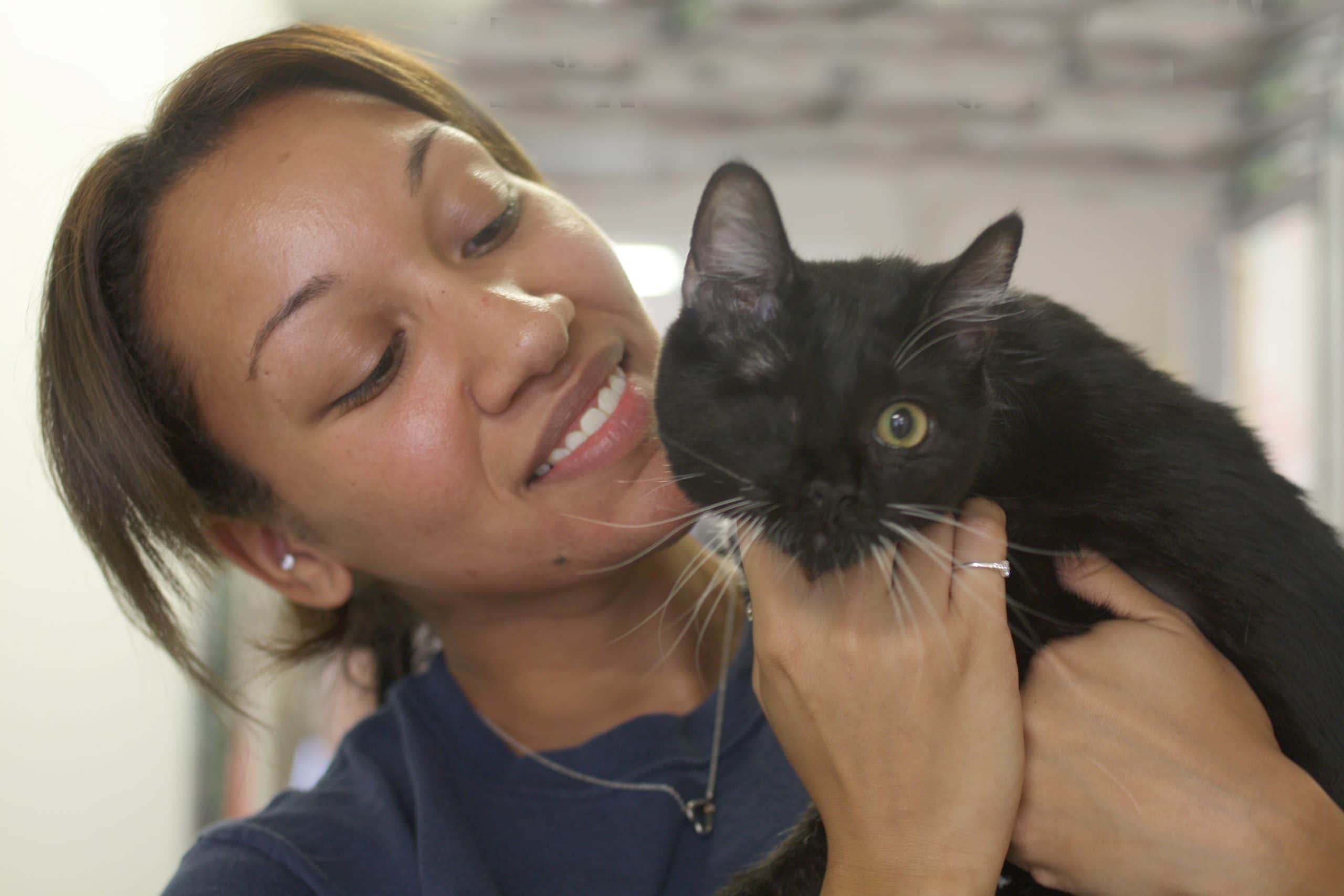
Charitable Giving
Tax Benefits
Support animals in need and gain potential tax benefits by giving through your DAF, RMD, or appreciated assets.
Looking for a smart and meaningful way to support AWA? There are several tax-wise giving options that can make a big impact for animals in need while also offering potential financial benefits for you. Your generosity helps AWA provide lifesaving care, affordable pet services, and vital programs for our community.
Here are three impactful options to consider:
1. Support AWA through your Donor-Advised Fund (DAF)
A donor-advised fund acts like a charitable savings account, specifically set aside for supporting the causes close to your heart. By contributing to your DAF, you receive immediate tax benefits while keeping the flexibility to decide when and how to grant funds to charities like AWA.
Best of all, there’s no required timeline for distributing grants, allowing you to give when it feels right for you.
2. Use your Required Minimum Distributions (RMDs) to make a difference
You can transfer your RMD directly to AWA through a Qualified Charitable Distribution (QCD). A QCD is tax-free (up to a certain distribution limit) as long as the transfer goes directly to a qualified charity like AWA.
Eligible accounts include Traditional IRAs, Rollover IRAs, 401(k)s, and 403(b)s.
3. Donate stock or other appreciated assets
Consider donating stocks or appreciated assets instead of cash for potentially greater tax savings.
- Reduce long-term capital gains tax: By donating long-term holdings directly to AWA, you may avoid or significantly reduce the capital gains taxes you’d otherwise pay if you sold the asset yourself.
- Claim a charitable tax deduction: Your direct stock donation also qualifies for a charitable tax deduction, reducing your taxable income while helping AWA grow its impact.
With your generous support, AWA can continue saving lives and serving our community through affordable pet health care, impactful education programs, and so much more.
Please note: This is not intended as legal or financial advice. Because everyone’s financial situation is unique, we recommend consulting with your tax or financial advisor to determine the best giving strategy for you.






